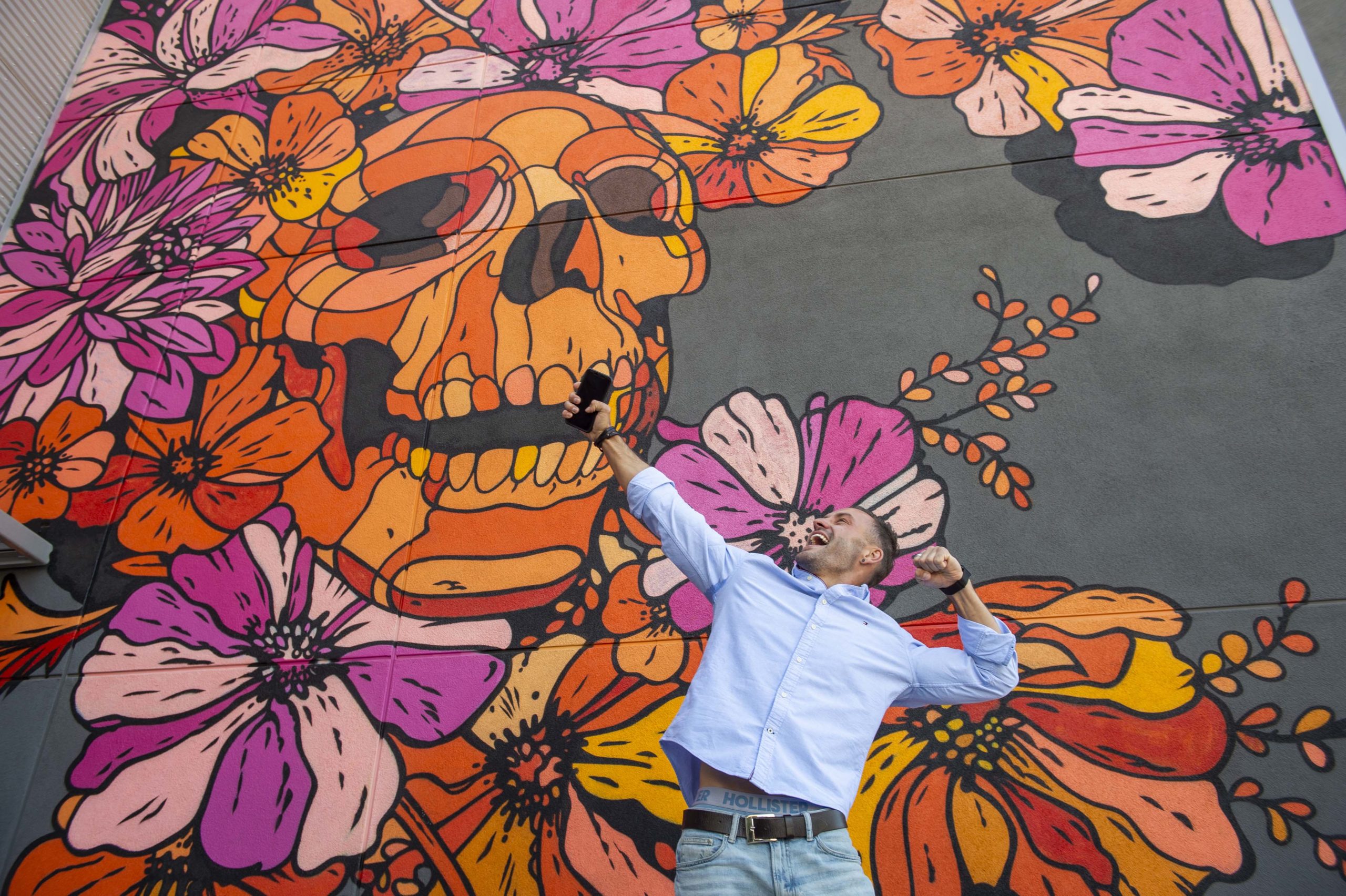
How rewards help recovery from addiction
The Associated Press writes on contingency management’s effectiveness
Carla Johnson covers how the contingency management approach to treating substance use disorders is more effective in this article. She quotes Harold Lewis, who had been struggling with an addiction for years and started getting better when he got into a program where he earned rewards for staying in treatment: “Recovery should be fun because you’re getting your life back.”
Here are some quotes from the article:
More than 150 studies over 30 years have shown rewards work better than counseling alone for addictions including cocaine, alcohol, tobacco and, when used alongside medications, opioids.And neuroscientists have learned from imaging studies how addiction takes over the brain’s reward center, hijacking dopamine pathways and robbing people of the ability to enjoy simple pleasures.
“It’s very much using that same dopamine reward system that’s the basis for addictions to promote healthy behavior change,” said psychologist Stephen Higgins of the University of Vermont, who pioneered the method in 1991. His recent research shows it helps pregnant women quit smoking and improves the health of their newborns.
“Biologically, the use of substances lights up the same part of the brain that is lit up when a person wins the lottery, falls in love or experiences something really positive and exciting,” said psychologist Sara Becker of Northwestern University.
Affect’s all-digital program is the first intensive treatment program built on contingency management and game design theory to produce a better engagement to activate the brain’s rewards center.
Contingency management has been gaining more support around the country, including the latest National Drug Control Strategy.
To find out more about how Affect’s program works and explore if it is a fit for you or a loved one, reach out and we’ll get back in touch to explore your options.
